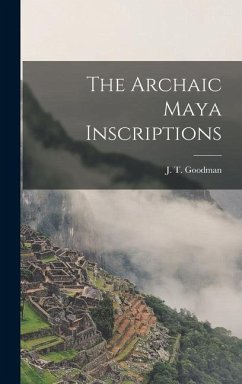
The Story of Atlantis
Historical, Geographical & Ethnological Study
Versandkostenfrei!
Versandfertig in 6-10 Tagen
7,80 €
inkl. MwSt.

PAYBACK Punkte
0 °P sammeln!
In "The Story of Atlantis," William Scott-Elliot embarks on a compelling exploration of the legendary lost civilization, blending narrative fiction with esoteric philosophy. With rich descriptions and vivid imagery, Scott-Elliot draws from various mythological and archaeological sources, creating a tapestry that evokes the grandeur and tragic fall of Atlantis. His literary style combines elements of adventure and metaphysical inquiry, prompting readers to reflect on themes of civilization, power, and spiritual evolution against the backdrop of the mystical past, heavily influenced by the works...
In "The Story of Atlantis," William Scott-Elliot embarks on a compelling exploration of the legendary lost civilization, blending narrative fiction with esoteric philosophy. With rich descriptions and vivid imagery, Scott-Elliot draws from various mythological and archaeological sources, creating a tapestry that evokes the grandeur and tragic fall of Atlantis. His literary style combines elements of adventure and metaphysical inquiry, prompting readers to reflect on themes of civilization, power, and spiritual evolution against the backdrop of the mystical past, heavily influenced by the works of Plato and Theosophical teachings prevalent during his time. William Scott-Elliot was a noted member of the Theosophical Society, deeply influenced by the spiritual and philosophical movements of the late 19th and early 20th centuries. His fascination with ancient cultures and metaphysical concepts, coupled with his background in historical writing and a desire to uncover hidden truths, informed his vision of Atlantis beyond mere legend. This cultural context is essential, as it shaped his objective to revitalize interest in lost civilizations and their potential teachings for contemporary society. This book is highly recommended for readers intrigued by the intersections of mythology and historical inquiry. Whether you are a scholar of ancient myths or simply a curious reader seeking a profound narrative, Scott-Elliot's work invites you into a world where the past not only informs the present but also offers timeless insights into the human condition.



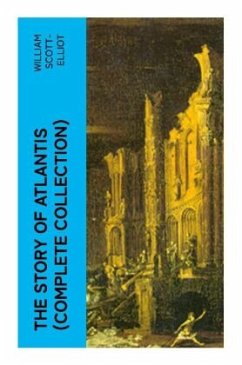
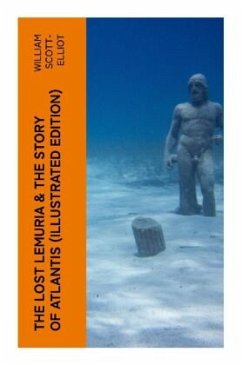
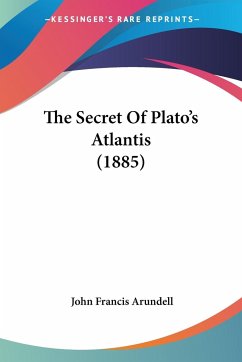

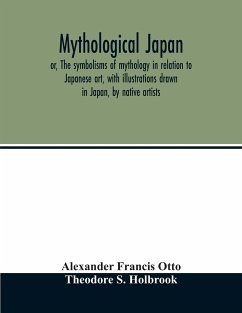
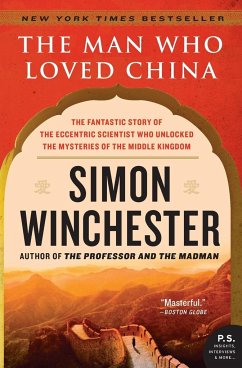
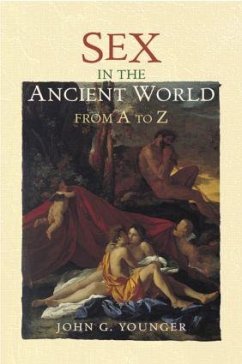
![The Maya Chronicles, Ed. [with An Engl. Tr.] By D.g. Brinton Cover The Maya Chronicles, Ed. [with An Engl. Tr.] By D.g. Brinton](https://bilder.buecher.de/produkte/74/74723/74723602n.jpg)

